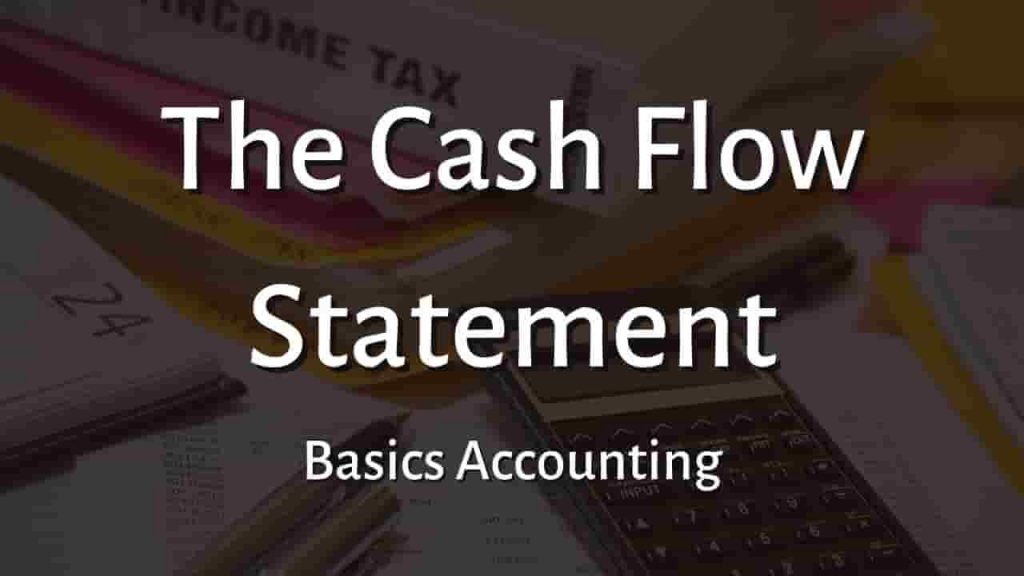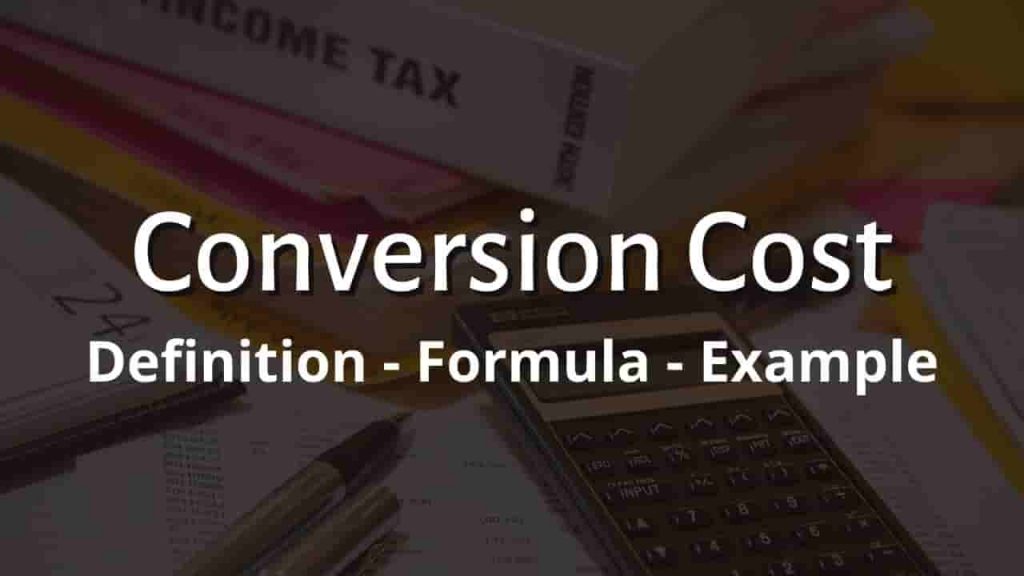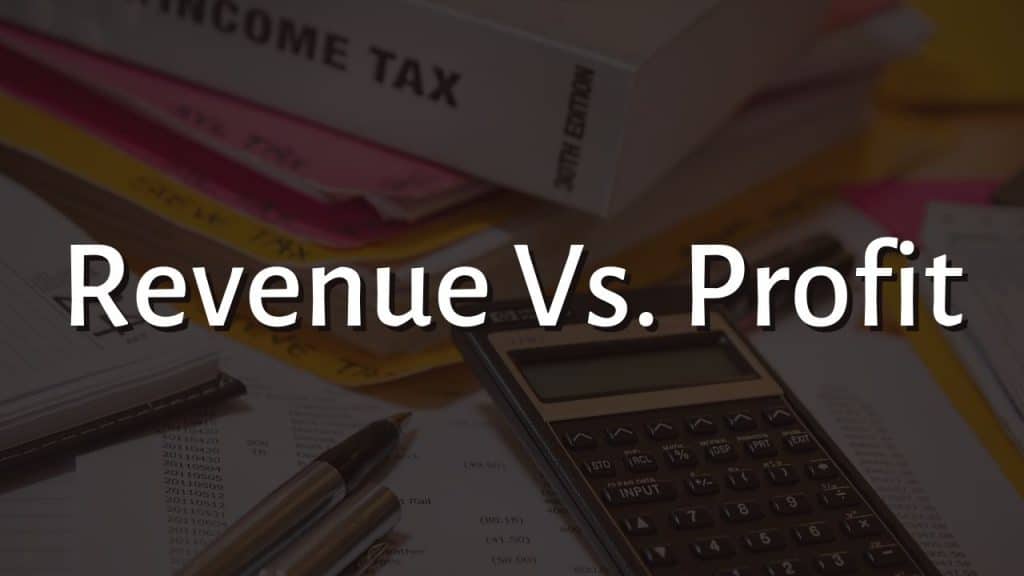07 Accounting Tips For Small Businesses
Introduction: Why accounting is important for small businesses?
Small companies are the engine that drives the American economy. According to the U.S. Small Business Administration, there are 28 million small businesses in the United States, accounting for 54% of all private sector employees. These businesses are responsible for two out of every three new jobs created in the country.
Given their importance to the economy, it’s no surprise that small businesses have been a focus of policymakers in Washington. The recent tax reform package was largely aimed at helping these businesses grow and create jobs.
But small businesses can’t grow and create jobs if they don’t have a healthy financial foundation. That’s where accounting comes in. Good accounting practices are essential for small businesses to track their expenses, income, and cash flow. This information is critical for making sound business decisions and planning for the future.
If a small business wants to keep track of how much money it has and how much money it is making, it needs to do accounting. Accounting is the process of tracking money in and money out.
This is important for small businesses because it helps them make decisions about whether they are making a profit or not. It also helps them plan for the future by seeing how much money they have been making over time.
Small businesses need to keep track of their money so they know how much they have and what they can spend. This is called accounting. Accountants help small businesses track their spending and make sure they are making money. They also help them pay their taxes.
Here are 07 Accounting Tips For Small Businesses:
Tip 1: Keep track of Expenses
Small businesses should keep track of their expenses, in order to stay on top of their accounting and have a better understanding of where their money is going. There are a few different methods for tracking expenses – using accounts, a spreadsheet, or financial management software.
Whichever way you choose, make sure to keep updated records of all your business expenses. This will help when it comes time to file your taxes and can also be used as a tool to help manage your budget.
Tip 2: Create a Budget
Creating a budget is the first and most important step in managing your small business finances. A budget will help you track your income and expenses, and make sure your business is on track to meet its financial goals.
There are a number of software programs and online tools that can help you create a budget, or you can use a simple spreadsheet.
The first step is to estimate your income for the year. This includes all revenue from sales, services, grants, investments, etc. Next, list your estimated expenses for the year. Be as specific as possible, including the cost of goods sold, rent or mortgage payments, marketing costs, and any other regular expenses.
Once you have estimated your income and expenses for the year, it’s time to create a budget breakdown by month.
Tip 3: Use Invoicing Software
When you’re starting a small business, creating a budget is one of the most important things you can do to make sure your business is successful. A budget will help you keep track of your expenses and make sure you’re not spending more money than you have.
There are a few different ways to create a budget. One way is to track your income and expenses for the past year and use that information to create a budget for the upcoming year. Another way is to estimate how much money you’ll need for the upcoming year and create a budget based on that estimate.
No matter which way you choose to create your budget, there are some basic steps you’ll need to follow. First, list all of your sources of income and all of your expenses. Next, break down your expenses into categories such as rent, utilities, food, transportation, and so on.
Tip 4: Record Revenue and Expenses
Small businesses are always looking for ways to keep track of their revenue and expenses. For some, this may mean hiring an accountant to help with the books. Others may use online tools or applications to help manage their finances.
No matter which method you choose, it is important to keep track of your income and expenses in order to make sure your business is running smoothly.
Revenue is the amount of money a business brings in through sales and other activities. Expenses are the costs associated with running a business, such as rent, supplies, and employee salaries. It is important to track both revenue and expenses in order to understand how well your business is doing financially.
If your revenue is higher than your expenses, that means your business is making a profit. If your expenses are higher than your revenue, that means you are losing money.
Tip 5: Use a Cash Flow Projection
Cash flow projections are an important tool for small businesses. By creating a cash flow projection, you can track your company’s incoming and outgoing cash flow and ensure that you have enough money to cover your expenses.
To create a cash flow projection, you’ll need to account for your company’s income and expenses over a specific period of time. You can use past data to help you predict future income and expenses, or you can use industry averages.
Tip 6: Manage Inventory
A sound inventory management system is critical for any small business. Good accounting practices and accounts payable procedures can help you keep your inventory under control. Regular reviews of your stock levels will help you avoid running out of key items or having too much inventory on hand.
Establishing a process for ordering new stock and returning old stock will also help improve your bottom line.
Tip 7: Use a CRM
When you’re a small business, accounting and bookkeeping can seem like daunting tasks. But they don’t have to be. You can use a CRM to help you keep track of your accounts and finances.
A CRM will help you keep your books in order and make it easy to generate reports for your accountant or tax preparer. And, if you’re ever audited, having all your financial data in one place will make the process much easier.
Conclusion
In conclusion, keeping your accounting in order is important for the success of your small business. By following these 07 Accounting Tips For Small Businesses, you can make sure that your finances are in good shape and that you are making the most of your resources.
We also have:
Generally Accepted Accounting Principles (GAAP)
For more click here and if you are looking for full forms of different acronyms and words then check out this list you really gonna find this helpful. We also have an Essay on every topic, Check the complete list here. If you are Studying in Matric Free Video Lectures of Maths, Physics and English are here, and we have got you covered for I.COM Business Maths also.







